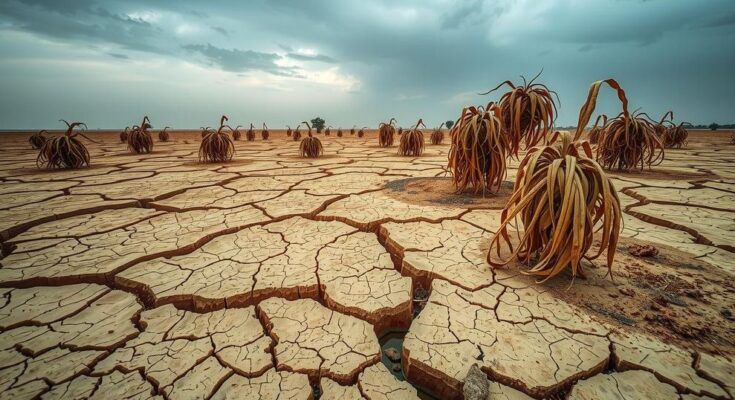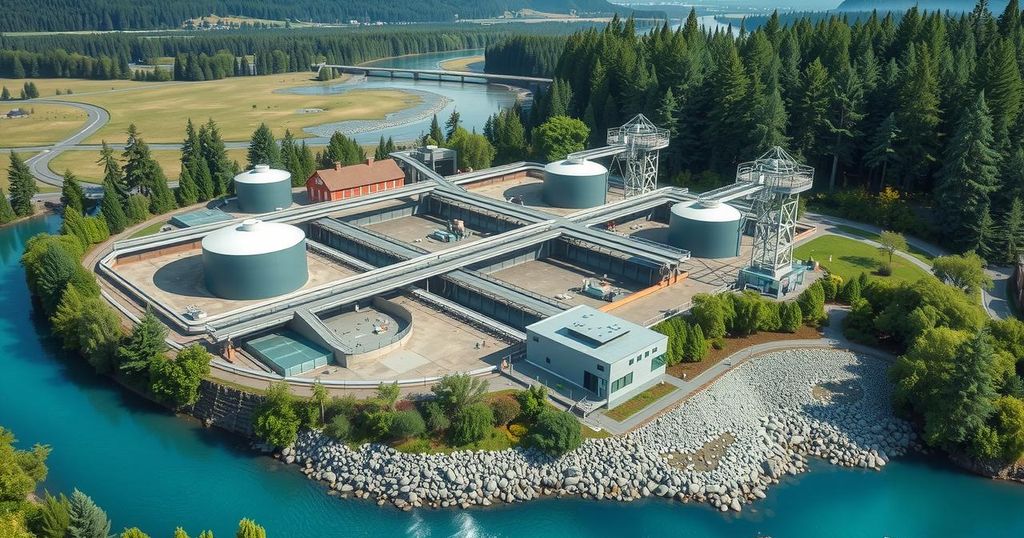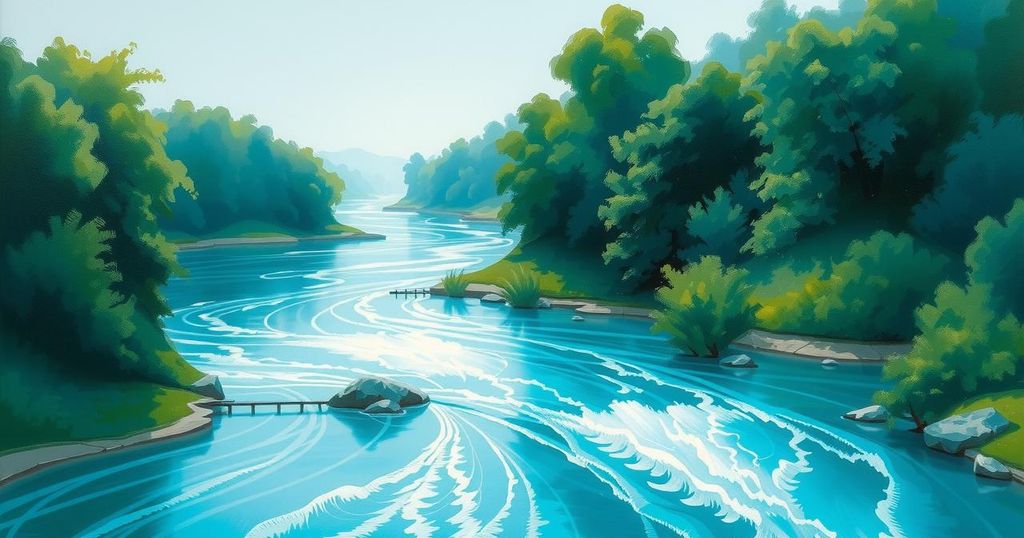Finance Minister Muhammad Aurangzeb emphasized the impact of climate change on the livelihoods of millions in Pakistan, where the country ranks as the most vulnerable. This is largely due to severe flooding in 2022 linked to climate events. The government is launching a Glacier Conservation Strategy amidst the challenges of funding and capacity building for climate action.
Finance Minister Muhammad Aurangzeb recently addressed the severe effects of climate change on food production and the livelihoods of millions in Pakistan. According to the Climate Risk Index (CRI) for 2025, Pakistan was ranked as the most vulnerable country to climate change, following Belize and Italy, largely due to unprecedented flooding in 2022 caused by extreme monsoon rainfall and glacial lake outburst floods (GLOFs).
During a ceremony in Islamabad marking the first ‘World Day of Glaciers’, the finance minister highlighted the disruption of the water cycle due to rising global temperatures, which has adversely affected crop yields and food security. He specifically noted the risks posed by GLOFs, revealing that there are over 3,000 glacial lakes in Pakistan, 33 of which are highly unstable, endangering around seven million individuals.
Aurangzeb emphasized the urgent necessity for a Pakistan glacial protection and resiliency framework to address these alarming statistics. While the minister acknowledged the critical role of financing in these initiatives, he stated that capacity building remains a significant challenge. Since the 2022 floods, Pakistan received $10 billion in pledges, yet only one-third has been disbursed due to difficulties in formulating investable projects.
The first ‘World Day of Glaciers’ is not only a moment for reflection but also aims to foster dialogue on the state of glaciers worldwide and their implications for water, food, and energy security. In light of this, the Pakistani government is launching its inaugural ‘Glacier Conservation Strategy’ to bolster efforts in preserving these essential ecosystems.
The ongoing retreat of glaciers presents new disaster risks to vulnerable regions, including enhanced erosion and the threat of landslides. As glaciers are vital for regulating the climate and providing freshwater to billions, their rapid decline due to climate change poses significant concerns. The United Nations has declared 2025 the International Year of Glaciers’ Preservation to emphasize the importance of these resources and ensure adequate support for those dependent on them.
In conclusion, the issue of climate change in Pakistan is critically affecting food security and livelihoods, as highlighted by Finance Minister Muhammad Aurangzeb. With the country’s alarming vulnerability ranking and the implications of glacier retreats, it is essential to enhance capacity building and devise effective strategies for glacial conservation. Initiatives like the Glacier Conservation Strategy and international awareness efforts are vital in addressing these challenges, ultimately securing the well-being of millions reliant on these ecosystems.
Original Source: www.dawn.com




